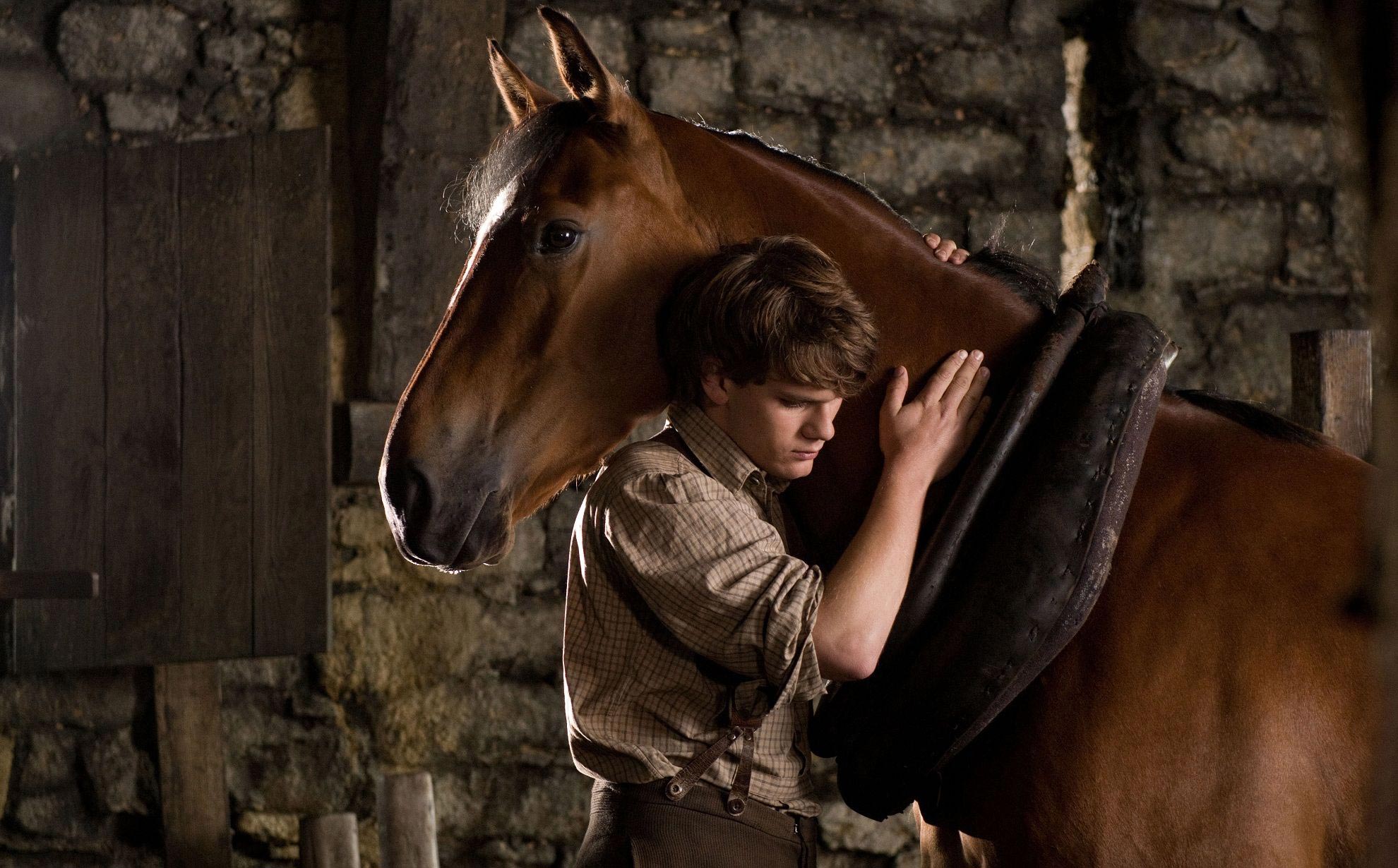Of all the great rock bands, probably none was made up of completely different individuals more than The Who. Each of the four members probably saw the whole amazing journey in their own, non-overlapping way. But if I wanted to hear from one, it would have to be Pete Townshend, who wrote most of their songs. And now he's come out with an autobiography,
Who I Am--over a decade in the writing--which goes into great detail about his life, before, during and after The Who.
He's pretty open about his early days, with a mom and dad who kept breaking up and getting back together, not to mention the horrifying year he was sent off to live with his crazy grandmother. He was interested in music, and sometimes would have magical moments, not quite in this world, when listening. He liked rock, but it didn't seem to effect him like it did John Lennon or Keith Richards--he was just as moved, it would seem, by jazz and even classical.
As a teen, art-school Pete was invited by tough-guy Roger Daltrey into his band, The Detours, after Pete's friend and fellow Detour John Entwistle talked him up. They played a wide variety of music, but soon the rise of British bands started and they were swept up in the world of rock and roll. They changed their name, dropped some players and at the last second (shades of The Beatles) replaced their old drummer with a wild young kid named Keith Moon.
They all had their musical preferences, but at first Roger, with his maximum R&B approach, held sway. The band had a strong following in London, started recording and Pete discovered he was the one with the talent for songwriting.
In the mid-60s they recorded a series of singles--singles still mattered more than albums--that did okay in Britain but not much in the U.S. Pete realized, with songs like "I Can't Explain" and "My Generation" that, unexpectedly, he was speaking for the kids he knew who didn't have a voice. But Pete, with his arty ways, saw The Who as a way station before he moved on to other projects. Meanwhile, The Who got a reputation for loudness and wildness--Pete started destroying his guitars during shows, even though he could hardly afford it.
To fill up space left on an album Pete wrote the mini-opera "A Quick One While He's Away," which was just the beginning of his ambitions. Next came the rock opera that put them on the map,
Tommy. It broke them big in America and The Who would be a major band from then on. (Though they still had money problems, partly due to bad management, partly due to British taxes.) They famously appeared at Woodstock, performing selections from
Tommy just as the sun was coming up--and
Pete kicked an obnoxious Abbie Hoffman offstage.
After releasing a classic concert album
Live At Leeds, Pete came up with another grand concept--
Lifehouse, a futuristic rock opera that he hoped to develop with Who fans in a series of concerts. The whole thing fell apart, which was crushing, but out of it came what's probably considered the band's greatest album,
Who's Next, which features songs such as "Baba O'Riley," "Behind Blue Eyes," and "We Won't Get Fooled Again."
Next Pete tried to develop a show based on the four personalities of the band, which ultimately evolved (or devolved) into
Quadrophenia, another rock opera hit, if not quite as beloved on
Tommy (though it made a better movie).
The next few albums by the band, though they sold well, did not have the same grand ambitions. Then Keith Moon died in 1978, only 32, after years of drug and alcohol abuse. The band continued on for a few years and put out some new, decent albums, but it was never the same.
Pete went on to new projects, including solo albums, but also movies and books and stage shows and so on. Many were successful, but his new book reveals the sometimes sad private life behind it all.
He seems to have been manic-depressive, or at least went through a lot of highs and lows. On stage, he was noted for his wild performances, but off he could be quiet and subdued. Also, through much of his life, he was a heavy drinker, not to mention someone who took a fair amount of illicit drugs (though compared to Keith and John he was a piker).
Then there's the story of his long-suffering wife, Karen. For years he went out touring while she stayed home taking care of the kids. And though he tried to be a good husband, he regularly chased after women. I suppose for most men it would be hard not to succumb--women fling themselves at rock stars. After many years, he and Karen divorced and he married again.
He also, recently, was involved in a scandal where he downloaded child pornography. The book explains how it was for research, but the cloud still hangs over him. In general, Pete was an activist working for many causes, in addition to all his other work. He was also a follower of Indian mystic Meher Baba (even as he drank and chased women and so on--he was a seeker, but he was also a man).
He worked hard and is proud of his legacy. And he should be. When all is said and done, he's the man most responsible for The Who, and it looks like their music will live on for a long time to come.



















